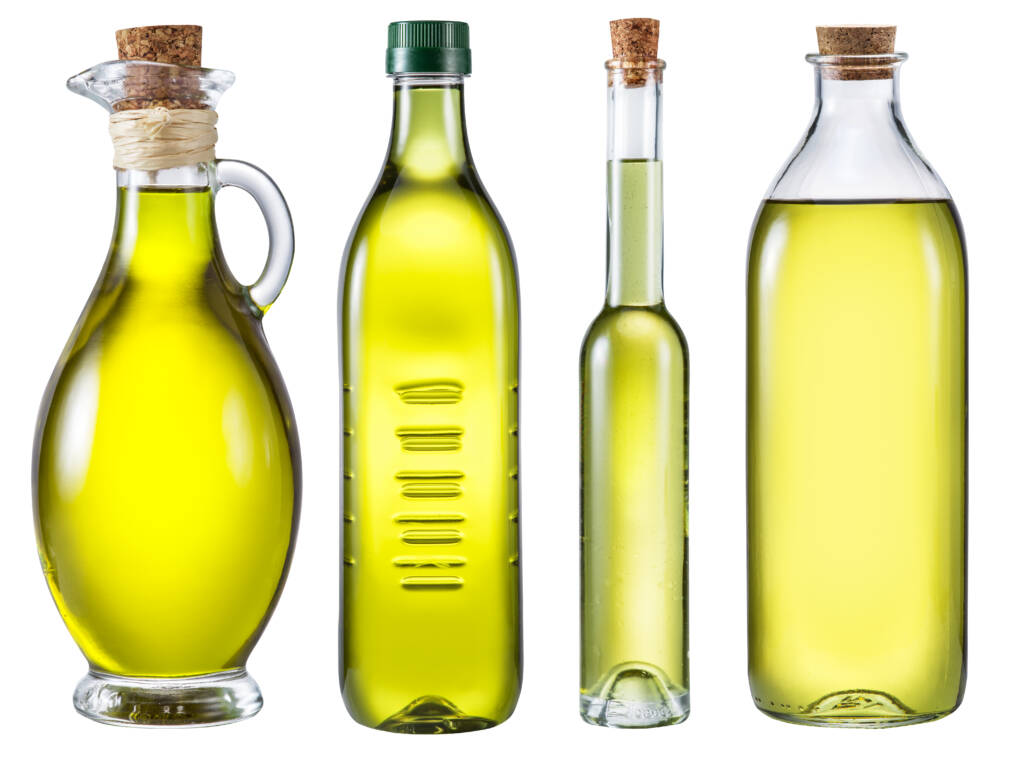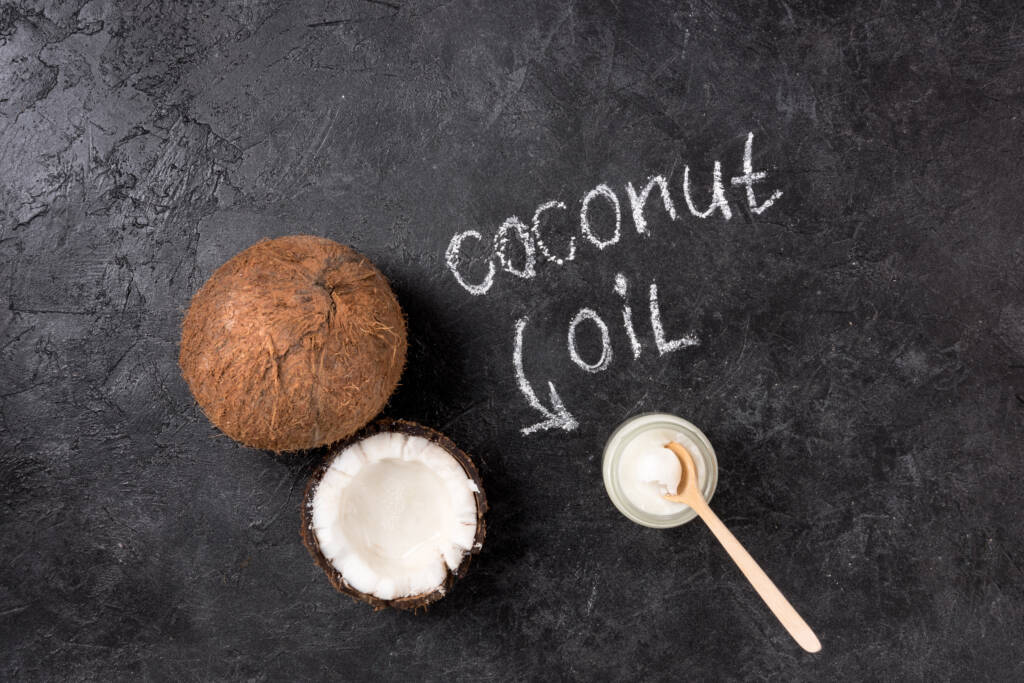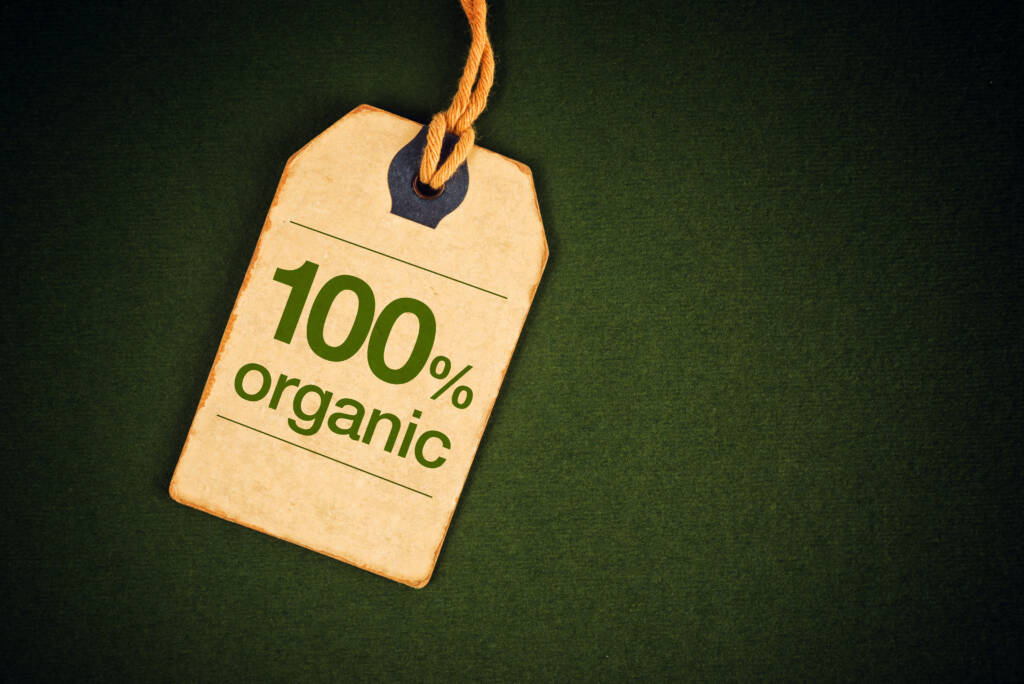I’m sure you may have wanted to learn how to make your own soap for a while. If not I’m sure you heard of persons who have been doing it and possibly wandered how it was actually done.
Well its easier than you think and there are great benefits to learning how to do it yourself.
Firstly lets deal with full disclosure. Yes there is some risk in making soap as you will have to manage caustic substances and work at super heated temperatures but once you learn safety rules, you reduce the chances of an accident significantly.
Classes with Bahamas Candle and soap have always stressed safety first in all our classes. IT’S THAT IMPORTANT.
So to save you time here are the top 6 reasons why you should learn to make your own soap.
- Ingredient control – Designed for your skin
- Oil benefits – Reduce chances of skin issues
- All natural – No chemicals
- Make great gifts
- Start a business
- Creative outlet
I must state that there were many more reasons to learn to make soap but I combined a few and then threw away many to narrow it down to what seems to be the top reasons person ask us at Bahamas Candle and Soap to offer more soap classes.
Ingredient control
There are a few ways to bake soaps but they all include using base oils. For time sake I will break the base oils into two categories. Animal based and Plant based oils.
The beauty of being able to choose which derivative of base oils is the top reason to learn how to make your own soaps.

I’ve recently had a conversation with a few religions persons of which their religion restricts them from eating pork.
Okay… so what does religion have to do with soap? Well an unknown fact is that many soaps, lotions and other skin care products contain glycerin and glycerin is is actually a byproduct of the soap making process that helps keeps your skin moisturized.
What eludes many is that glycerin can come from animal fats as well as plant based oil fats.
This means there is a good chance your soap and other skin care products contain glycerin derived from pork.
Yes this came as a shocker to my new found religions friends. They were in violation of their own rules unknowingly.
However now knowing that its difficult to know where the glycerin derived from, because it is not mandatory that it be listed, my new friends are now producing their own soaps with plant based oils.
Having this control over your ingredients also allows you to design as soap that is well suited for your skin or for the various skin types in your family.
Its common practice that a family would all use the same type of soap for each member.
This does not means that since it cleans your skin that it will do the same for me. Perhaps I have sensitive skin or dry skin and your soap was not made to combat these issues.
Hence you have to purchase a secondary product such as a lotion or a cream to reverse the effects of your commercial soap.
Our classes teach making soaps using only vegetable oils. Each oil has its benefits and by combining them in the right amounts can result in making a soap that your skin will absolutely love.
For more information on skin types and soaps you can visit our BALANCE line of soaps.
Oil Benefits
I mentioned that vegetable oils all have various benefits that can be incorporated into your soap. This is the bases of using vegetable base oils in your personally designed soap.

Here is an example. Olive oil is a very skin loving oil that is very gentile on the skin.
It keeps the skin moisturized while allowing the skin to rebuild its elasticity.
There are soaps that are made from 100% olive oil. These soaps do take longer to cure and be ready for usage but the end result is amazing for person with sensitive skin or even eczema.
On the flip side each oil also has a negative aspect that you may not like.
For example the same 100% olive oil soap is very skin loving but its lather is not so amazing. You soap lather will be on the low end and a bit more creamer that you are used to.
Another popular oil is coconut oil. It too can be used to make a 1 oil soap. In this sense its almost opposite to olive oil.
It is very drying to the skin but the lather is the biggest and fluffiest you will ever see. Having an understanding of the benefits and setbacks of each oil you can design a soap that can be moisturizing to the skin and also have good lather.
All Natural
What does it mean to be all natural these days? Well no mater your idea of 100% natural, making your own soap from vegetable oils is as close as you can get to being fully natural.

So what about using Lye? Inst that a chemical?
Well yes but to a chemist even olive oil is a chemical but unlike lye or Sodium Hydroxide its not a caustic chemical.
YES LYE IS A CHEMICAL however during the process of making soap something amazing happens. Thy lye combines with the oils to make a new substance called soap.
This is the saponification process, once done properly there will be NO LYE LEFT IN YOUR SOAP.
Unlike commercial soaps the glycerin that is produced as a byproduct is all natural and derived from plants, if you wish.
The issue with commercial soaps usually found in food stores is that companies find that glycerin to be a valuable product.
Hence the have found a way to stall the soap making process and extract the glycerin from the soap.
The glycerin is then used to make lotions, lipstick and other cosmetic products.
So what happens to the soap if it doesn’t have any glycerin? Well this is where chemicals are added to your soap. Commercial manufacturers add chemicals called surfactants to your soap.
A surfactant is simply a compound that reduces the attraction of dirt and skin oils with water. Hence they are able to mimic what glycerin does by removing dirt but its difficult to keep the skin moisturized during the same process.
To do this companies add chemical moisturizers that also mimic the benefits of natural glycerin.
You can do some research on what type of chemicals pass as a surfactant online. Some names you may come across are ethoxylated propylene glycol, Lecithin or Plygluconate.
Gift Giving
One thing that came about from some of our students is that they like to give unique gifts to friends and family members. Soap making not only is a bit more beneficial to your overall health but a great design and a soap that is specifically made for a friend or family would make an amazing gift.

There is not much to discuss about gift giving, I mean a handmade specialized gift from you to a person who will definitely use it has to be an all time favorite gift. One that can over time become a business. This brings us to our next reason.
Start you own Business
I cant tell you how many person have taken soap making from a hobby to a side business. Its understandable. Once you get in the the swing of things and begin to give away your soaps as gifts to family and friends you will soon find out that they enjoyed it more than you expected and will most likely ask you to make more either for them or for their family and friends.

One thing we know for sure there is a large amount of persons who take baths or showers, or at least we would like to think so but either way people will purchase soaps to wash their body with.
Your job is just to get in front of more people and have them purchase from your. Its the basic rule of business.
We are living in a time where our jobs do not always meet our financial needs and so we have to find either a second job or a side hustle.
In this case learning how to make your own soaps and making soaps for fiends and family will help offset the long month with a shorter cash.
The Bahamas government has made is even easier to start a micro business by waving business license fees and other hassles that it took to start a side hustle.
If you are going to be making the soap, as it does get addictive, you might as well make a few extra dollars on the side.
Creative Outlet
I’ve heard persons say to me that they are not creative. I often laugh and point to the soap they just make. You made that… that’s being creative.
There are some of us that are often just looking for some way to be more creative. Well the good thing about soap making is the entire process is a very creative process. From choosing your base oils, your fragrance or essential oil. Choosing colors and swirling or layering them all come from a creative aspect.
Our soap making classes are called NO EXCUSE FOR UGLY SOAPS for a reason. We know that person want to express themselves in their work as we do hence we teach the safety and necessary skills to avoid ugly looking soaps so you can be as creative as your imagination lets you.
I know for myself I like the challenge of trying new things. A swirl, a layer, a layer with a swirl, a multi colored soap, combining scents or colors or even changing the shape all together. There are so many amazing techniques out there for soap making you will never get bored and if you do you can always develop you own.
There you have it six reasons why you should learn to make your own soaps. I personally have found more reason over the years which is strange because as a bonus I will give you the reason I learned how to make soaps.
Curiosity
I simply wanted to know how its made and from there I wondered if I could do all those other things such as be creative, give as gifts or start a business. Well I’ve pretty much done them all and now I’m stuck on the creativity side learning and testing new recipes and techniques each week.
Join me on this amazing journey of soap making. I look forward to seeing you at one of our workshops.
If you have questions or additional reasons why you want to or should learn how to make soap. Please leave a comment below as I love reading your comments.
